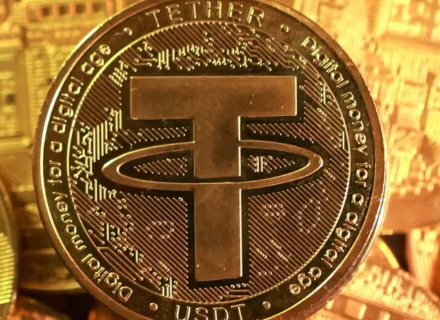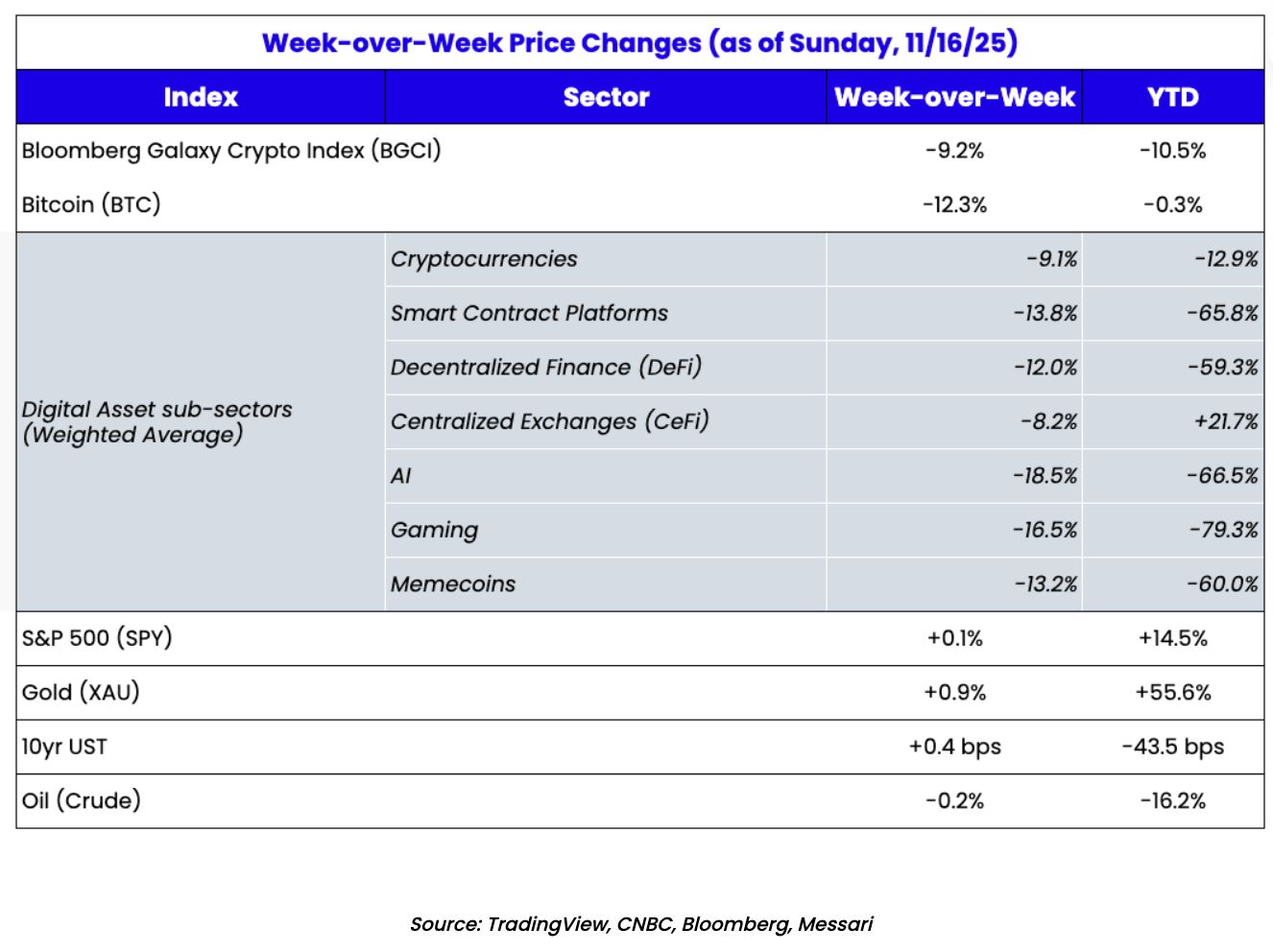Global stocks are breaking records in 2025 while Donald Trump keeps yelling tariffs from the White House. Investors clearly aren’t flinching. They’ve heard it before. And this time, they’re not pulling money out of the system.
According to CNBC , the MSCI All Country World Index, which tracks over 2,500 stocks worldwide, jumped nearly 10% since January and hit an all-time high on July 4.
Greece, Poland, and the Czech Republic are leading the global pack with massive year-to-date gains. Greece is up nearly 60%, Poland jumped 56%, and the Czech Republic hit 52%, all beating out the US, which only managed about 7% during the same stretch.
Europe gains while American stocks crawl
Greece’s equity surge is backed by a mix of banking gains, economic recovery, and tourist dollars. Gabriel Sacks, who leads global emerging markets equities at Aberdeen, said Greece has been ahead in Eastern Europe for a while, thanks to its economy bouncing back, cleaned-up banks, and a strong tourism season. Investors also liked that the Greek government started paying back its bailout debt early and kept running fiscal surpluses.
George Efstathopoulos, a multi-asset manager at Fidelity International, said Greek stocks should keep climbing because of how well Greek banks are doing. Poland and the Czech Republic followed close behind, with strong year-to-date performances. Among the ten top-performing markets globally, eight are in Europe. Alongside Greece, Poland, and the Czech Republic, other top performers include Spain, Italy, and Germany.
Michael Field, the EMEA Chief Equity Market Strategist at Morningstar, said the “sell America” trend at the start of the year and improving economic numbers in Europe pulled cash into those markets. Michelle Gibley, Director of International Research at Schwab, said Germany’s break from austerity also helped fuel growth.
Defense and bank stocks in Europe are performing well and facing less risk from US tariffs. Mark Mobius, who chairs the Mobius Emerging Opportunities Fund, said those sectors are safer from Trump’s trade policies and still producing solid returns.
Meanwhile, US stocks took a hit earlier in the year as investors fled Trump’s chaotic economic messaging. But by midyear, the S&P 500 and the Nasdaq managed to recover and hit fresh highs. Still, their total growth this year is low compared to the booming European markets.
Asia splits as Korea rises and Thailand crashes
Asia’s performance is all over the place. South Korea has been one of the few bright spots, jumping over 30% year-to-date. That came despite Trump putting a 25% tariff on Korean exports and political drama back home. Daniel Yoo, a global strategist at Yuanta Securities, said the market already expected the tariffs and priced them in. He thinks there’s still a chance those tariffs get reduced if talks drag out until August 1, the deadline for the countries still negotiating with Trump’s White House.
Manishi Raychaudhuri, the CEO at Emmer Capital Partners, said Korean exporters might survive Trump’s trade hits because US buyers would probably just eat the extra costs. Investors were also optimistic after Lee Jae-myung from the opposition party won a snap election in June, replacing Yoon Suk Yeol. Yoon had tried to declare martial law earlier in the year and got forced out. Morningstar’s senior analyst Kai Wang said sectors like shipbuilding and high-bandwidth AI chip manufacturing helped fuel Korea’s growth.
China’s stock market climbed more than 17% this year, even while staying in Trump’s crosshairs. Steven Sun, head of research at HSBC Qianhai Securities, said investors expect the yuan to strengthen, earnings to improve, and policies to help. But he warned there’s no major stimulus planned, so pressure remains on China’s overall growth.
Thailand is at the very bottom. Its market dropped more than 13% in 2025, dragged down by political messes, weak tourism, and US auto tariffs that hit Thai car part exports. Sacks said the country is still trying to crawl out of the Covid-era slump.
Right above Thailand sits Turkey, where inflation, capital flight, and political repression continue to scare off investors. Sacks said any hopes for recovery disappeared when Istanbul’s mayor was arrested. Mobius added that the Turkish lira collapsing by almost 13% against the US dollar didn’t help either.
KEY Difference Wire helps crypto brands break through and dominate headlines fast




